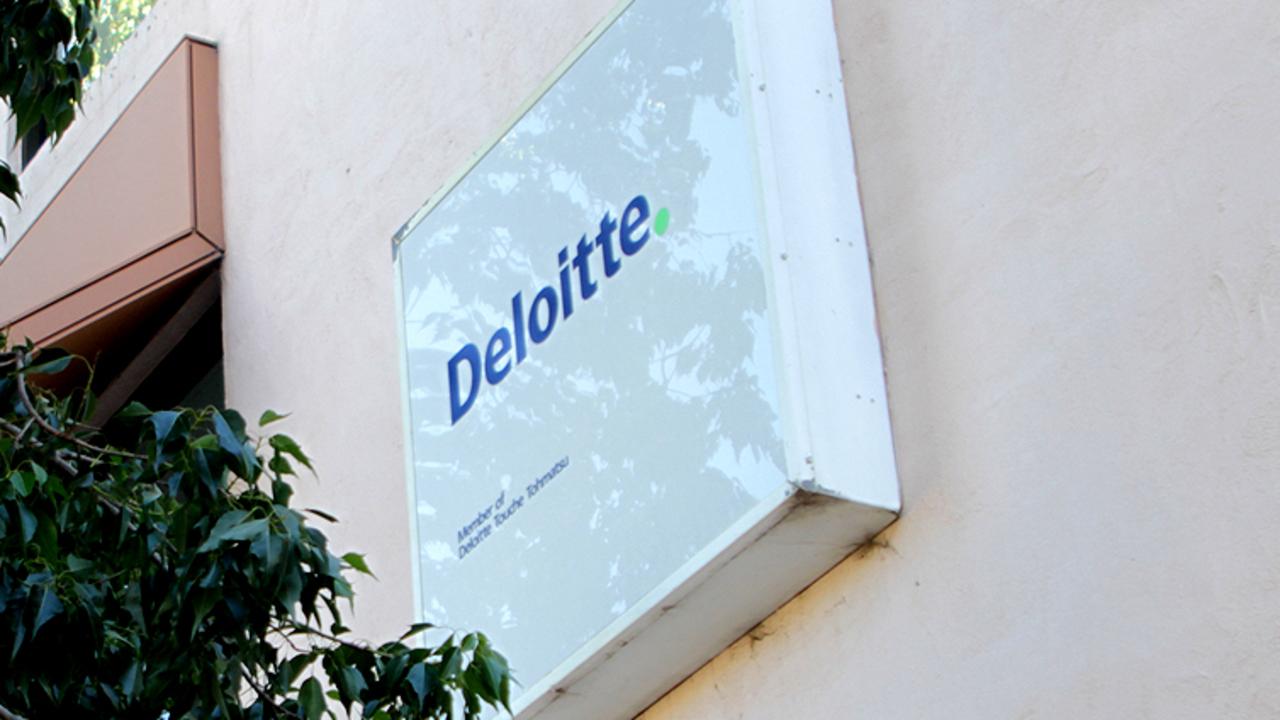Macquarie drawn into ‘complex’ ASIC investigation of Shield Master Fund
The corporate regulator is exploring possible concerns regarding the role of Macquarie and Equity Trustees related to the Shield Master Fund.

Business
Don't miss out on the headlines from Business. Followed categories will be added to My News.
ASIC has lashed Macquarie over its response to recent compliance breaches, and confirmed the investment bank was being probed as part of the corporate watchdog’s investigations into the alleged misuse of funds in the Shield Master Fund.
The fund’s manager Keystone Asset Managementfell into administration last month following court proceedings brought by ASIC in June.
Appearing before a parliamentary review of ASIC’s annual report on Friday, deputy chair Sarah Court said the regulator was exploring whether there were concerns regarding the role of Macquarie and Equity Trustees for hosting platforms where investors rolled over their superannuation into the Shield fund.
“Our concerns here are that there are a large number of consumers who have invested significant funds in this Shield Master Fund, and we had some concerns about how those moneys were being treated and whether there was any conduct of concern that we needed to take action in relation to,” she said.
“We are continuing to look at the conduct, and in addition to that, in relation to individuals involved in that conduct. And the link through to Macquarie is that the consumers who invested their superannuation moneys did so through two superannuation platforms, one of which was hosted by Macquarie and the second which was hosted by Equity Trustees.
“We are again just looking at whether or not there is any conduct of concern by either Macquarie or Equity Trustees in relation to the facilitation of those very significant investment sums through their platforms.”
Macquarie was contacted for comment.
Ms Court described it as a “very significant” and “very complex” investigation.
“The conduct spans cold calling of consumers by lead generators, through to financial advice, potential mismanagement of investment funds, through to the potential role of the superannuation platform hosts,” she said.
“Hopefully in the first part of 2025, we’ll have a better idea about what the facts are, and where our investigation may proceed to.”
In September The Australian reported there could be a shortfall of about $280m in the Shield managed investment scheme following the alleged misuse of investor money, including by Melbourne property developer Paul Chiodo.
The investigation into Macquarie’s role follows the bank’s recent $117m fine in the US over allegations it overvalued illiquid mortgage assets, and a record $4.995m fine for failing to prevent market manipulation on the local electricity futures market.
ASIC chairman Joe Longo told the parliamentary review Macquarie’s response to recent compliance breaches was cause for concern.
“When you step back, the concern ASIC has is the cumulative effect of these incidents make us quite concerned about Macquarie’s compliance approach and the need for it to improve.”
Speaking earlier during Friday’s parliamentary review of the annual reports of corporate and financial services regulators, the prudential regulator said Australia was enjoying a “prolonged period of financial system resilience”, but warned the risks of digitisation were growing.

APRA chair John Lonsdale warned Australia’s financial system was growing increasingly vulnerable to an acceleration of “transmission shocks”, through record fast digital transactions.
He said the regulator was developing a system wide test “to understand the financial system interconnections better and to quantify, assess and respond to identified risks.”
Speaking as the parliament reviewed APRA’s annual report, Mr Lonsdale said the regulator was working on dealing with issues across the banking, insurance, and superannuation sector.
However, much of Friday’s hearings focused on APRA’s role in bank lending in the wake of an earlier Senate Hearing which heard from the banks on Thursday.
The nation’s largest banks CBA and Westpac clashed with rival NAB over proposals to relax the current 3 per cent serviceability buffer, that requires them to assess borrowers at a higher interest rate to ensure they can meet higher repayments.
On Friday Mr Lonsdale said APRA was also simplifying regulatory settings for the banking system, but was maintaining its lending buffers at 3 per cent.
“We will, of course, continue to monitor vulnerabilities and risks in the system and review the settings of macro prudential policy,” he said.
Mr Lonsdale said APRA was preparing to again review the buffers, after increasing them from 2.5 per cent to 3 per cent in October 2021.
But the APRA chair noted almost 5 per cent of loans are already being written outside the current serviceability buffers, noting this could be done at the discretion of banks.
Mr Lonsdale said the current 3 per cent buffer was the “prudent number” given current economic settings.
He said the level of new loans being written outside the guidelines show banks can still lend “to their risk appetite”.
Mr Lonsdale said lending arrears were still low across the banking sector at just 1.1 per cent of all home loans.
But he warned these were increasing.
“There’s still real people at the end of that so 1.1 per cent translates into, you know, around $40 billion worth of loans and many 1000s of customers,” Mr Lonsdale said.
“There are a lot of people who are being stretched, who are defaulting, but who are finding it difficult to service.”
However, APRA said it had no “obligations on the way” for lenders, changing how they consider student HELP loans, also known as HECS debts when assessing home loan applications.
APRA member Therese McCarthy Hockey said it was up to banks to guide how they viewed student loans for the purposes of assessing borrowing capacity.
“We do make it clear though and they’re aware that it is a contingent loan,” she said.
“We say to banks, understand the features of the HECS debt as it is, as the obligation arises today, and make your lending decisions accordingly.”
APRA also said it was a matter for the banking system to provide unsecured credit for small business, telling a parliamentary inquiry it was seeing a more competitive business lending environment.
In response to questions on access to finance, Mr Lonsdale said if banks were providing funds “they choose to on commercial terms”.
Mr Lonsdale said issues of small business lending were one of policy, noting “it’s a much broader question than APRA”.
APRA also addressed a recent inquiry into the insurance sector, warning some homes may have to be removed from the housing market in response to unaffordable insurance.
APRA executive board member Suzanne Smith said mitigation and intervention work was needed to try to provide insurance to homes in risky areas.
But Ms Smith said there were some areas of Australia that the industry “can’t actually reduce the risk”, warning “the answer is that those populations shouldn’t be in those places”.
Ms Smith said a recent parliamentary inquiry into the 2022 floods showed the problems the insurance sector faced.
But she said it was ultimately “up to insurers to set their policies and set their premiums and the terms and conditions”.
More Coverage
Originally published as Macquarie drawn into ‘complex’ ASIC investigation of Shield Master Fund




